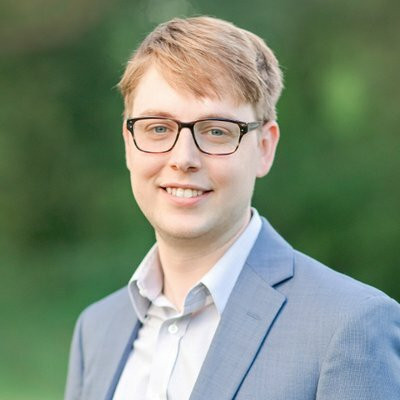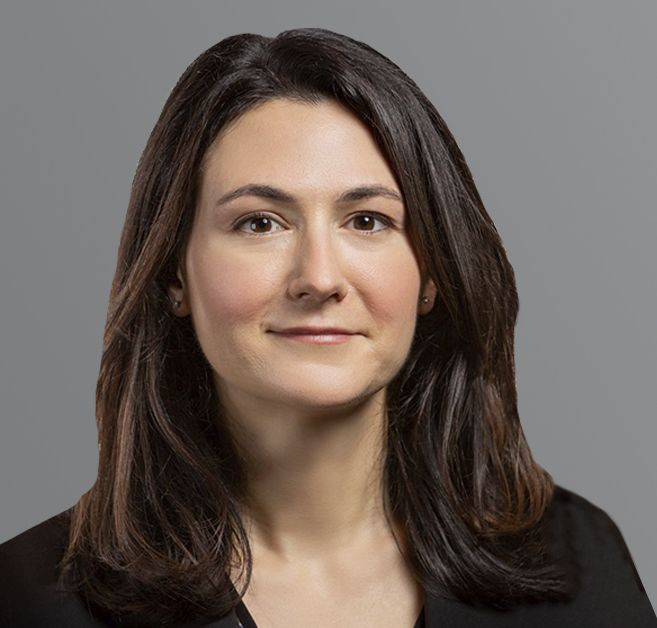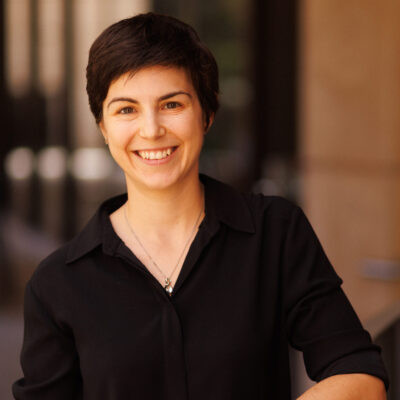The Public Law Workshop is intended to expose students to current scholarship in the public law area and to offer students an opportunity to learn about the scholarly enterprise more generally. Past PLWs have focused on issues such as federalism, the presidency, democratic institutions in an age of polarization, and income inequality. The focus for Fall 2025 is “Democracy, Authoritarianism, and Constitutional Governance.”
The Workshop is structured around presentations of working papers by leading public law scholars. In some weeks, we will read cases, scholarship, and other materials and discuss these materials in a standard seminar format. For the presentations by outside scholars, students are expected to read the paper and to participate in the discussion, which may be joined by other faculty members.
Schedule
Abstract
Democracies survive some emergencies but not others, even emerging recharged after some emergencies despite temporary suspensions of liberty. This article addresses the claimed need to limit rights of electoral participation in response to the rise of antidemocratic forces. The context is militant democracy in Europe and the Insurrection Clause of Section 3 of the 14th Amendment in the U.S., as presented to the Supreme Court in Trump v. Anderson. When examined through the context giving rise to the claimed exigency, the ability of democracies to survive or even thrive after emergencies turns heavily on whether the source of the perceived threat is foreign or domestic. Context explains why a tool or disabling the former Confederacy fits poorly when applied to the leading candidate for the presidency.
Why have Americans living in different places come to experience politics as a battle between “us” and “them”? In Rural Versus Urban, Suzanne Mettler and Trevor Brown argue that political polarization is not just about red states and blue states, or coastal elites who alienate those in fly-over country. Instead, polarization permeates every region and every state—and has become organized through a pernicious rural-urban division. Mettler and Brown explain the evolution of this gulf across five decades, charting political trends in both places. Drawing on data on individuals, communities, and members of Congress, as well as interviews with local party leaders and former elected officials, they show how the divide emerged and why it poses a threat to democracy.
(Princeton University Press Overview)
Abstract (excerpt)
It's the "oldest question" of American constitutional law: How must the national government deal with its sovereign subnational states? Judges and scholars have tried to crystallize this dynamic with theories of "dual federalism," "process federalism," "cooperative federalism," or "federalism by integration." But all these models have been suddenly superseded, and rendered obsolete, by an unexpected step-change in the intensity of federal-state conflicts. In the place of longstanding federalism theories, this article demonstrates, a new form of intergovernmental relations has emerged. We call it "agonistic federalism." The article's aim is to introduce and theorize this new form of intergovernmental relation by offering a parsimonious definition, a careful accounting of its current and future vectors, and a cartography of its underlying political economy and potential futures.









